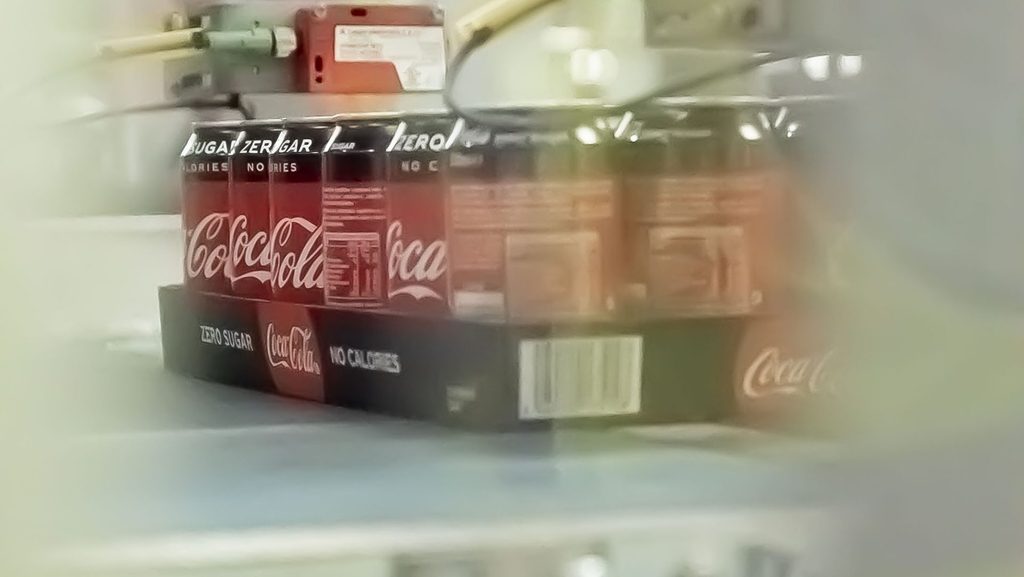Belgium's health authority will not be changing its opinion on the artificial sweetener aspartame, which was declared "possibly carcinogenic" by the World Health Organisation (WHO).
The WHO’s International Agency for Research on Cancer (IARC) looked into the extent to which the artificial sweetener found in many light soft drinks may be a hazard. The experts concluded that the sweetener is "possibly carcinogenic to humans," however, the daily dose considered to be without risk remains unchanged, set at 40 mg/kg body weight per day, remains unchanged.
Belgium's Federal Public Service (FPS) Health has now confirmed it will also not change its acceptable daily intake (ADI) of one of the most widely used sugar substitutes in the world, which is 200 times sweeter than real sugar, but gives a sweet taste to food items without adding the calories.
Still considered safe
The verdict does not put a figure on how much aspartame a person can safely ingest, but rather that the chemical itself has the risk of being carcinogenic. The category "possibly" is used when "limited scientific evidence" has been found in humans or data in experiments with animals.
Meanwhile, the WHO food safety organisation JECFA did look at the risk of developing cancer at certain levels of exposure and confirmed that the evidence is inconclusive, adding that there is no reason to change the acceptable daily intake of 40 mg of aspartame per kilogram of body weight per day.
For this reason, the Belgian authority argued that there is no plausible mechanism that would indicate the possibility of causing cancer.
"Consumption of aspartame within this limit is therefore still considered safe,” the FPS Health Office sounds. So a 70-kilogram adult would be allowed to consume 14 cans of light soft drinks containing 200 mg of aspartame per day without exceeding the ADI, assuming no intake through other sources.
Related News
- Coca-Cola to stop selling beverages in Belgian secondary schools
- Researchers worried about fasting, extreme diets linked to high performance sport
During a press conference, Francesco Branca, WHO's director of nutrition, recognised that the debate about aspartame and its possible health effects has been ongoing for years, with conclusions and opinions that are not always clear and sometimes even contradictory.
"If consumers have a choice between either cola with artificial sweetener or sweetener with real sugar, I think they should consider a third option: water," he said.

